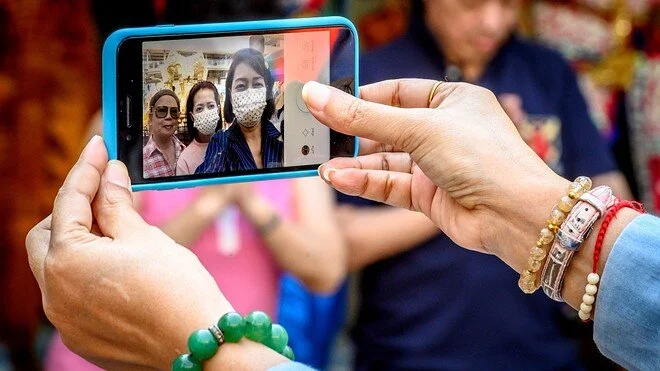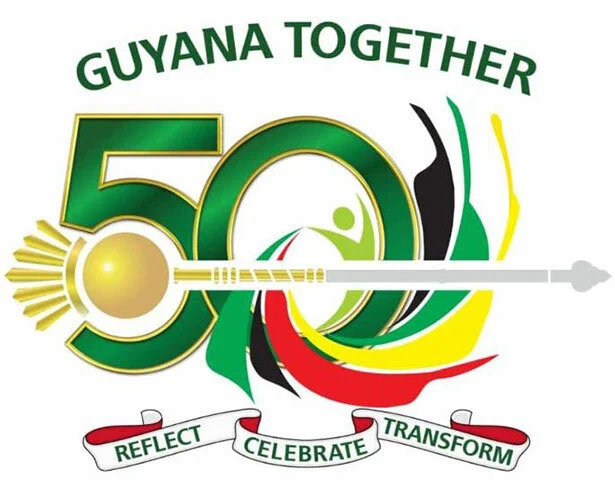NEXUS4change has partnered with BGSU to bring you an engaging “online” exploration of practical tools and best practices for teaching with learning technologies!
We will address your interests in real-time, help you make the online transition, support each other as a learning community, and more.
You’re a contractor or small business owner and suddenly everything is now online and all you have is wifi and a laptop? Here are some things to consider as you are going remote:
Read MoreThe following is a suggested framework for a Collaborative Crisis Response [CRT] Team that works online/virtually. We suggest that your CRT must be a diverse microcosm of your organization that uses virtual tools to plan and deliver a learning-by-doing Crisis Response P.L.A.N. for your organization's COVID-19 Response.
Read MoreWhat is Nation Transformation?
And does it work?
It is my conviction, based on what I saw happen in my own country (East Germany), and what I have seen in my travels all over the world from Asia to Africa to Central and South America, that what without dialogue, no positive change is possible. And without participants in that dialogue feeling like they actually have a voice - there is no real dialogue.
Read MoreWith the growing Coronavirus scare, virtual collaboration is becoming the answer to several challenges we face: Learn how to leverage Zoom's breakout rooms for simple 2-4 minute collaborative interactions to set the tone for your virtual engagements or make progress on solutioning on virtual platforms: Simple tools you can use virtually - today.
Read MoreWith COVID-19 seemingly set to restructure our day-to-day, what are some of the things collaborators can do?
We tried some Impromptu Networking - that adapted the Mad-Sad-Glad technique, did a Preferred Futuring exercise and shared ideas and insight with Applied Improvisation!
Most of the folks I met are some unique combination of the rich and powerful mixture of the 6 peoples of Guyana: Amerindian (its Native peoples), Indian (brought as indentured servants by the British from the subcontinent), African (the descendants of slaves), Chinese, Portuguese, and European (read Dutch and British). I met a few of my new family, who literally have all six peoples' heritage in their family tree.
Read MorePerspectives on developing an Eclectic Integrative Collaborative Change Practice:
While Warner Burke suggests that clients would rather hear about results than process, just like a good therapist will match her approach to the patient’s needs and will draw from Piaget to Jung and Erikson; a good collaborative change agent is able to also draw from multiple schools of thought, frameworks, and theoretical approaches. These may include Appreciative Inquiry, Whole Scale/System Change and Transformation, Polarity Thinking, Open Space Technology, and much much more.
Read MoreThe acronym P.L.A.N. represents a simple, yet highly effective means of accomplishing any type of project, framing the four key elements of project planning.
At the core of the P.L.A.N. is its intent: Collaboration. As such it is built for use by groups, teams, and whole organizations. It is simple, understandable, and user-friendly: An accessible and scalable tool that can be adopted across any system or organization. Used as designed, it can save time and money for the individual, team, or organization undertaking any project or initiative.
Read MoreHow do you structure your processes? How do you communicate the steps in your engagements to clients and stakeholders? Does it sometimes feel like you are re-inventing the wheel when you’re detailing a phased approach?
Read More









